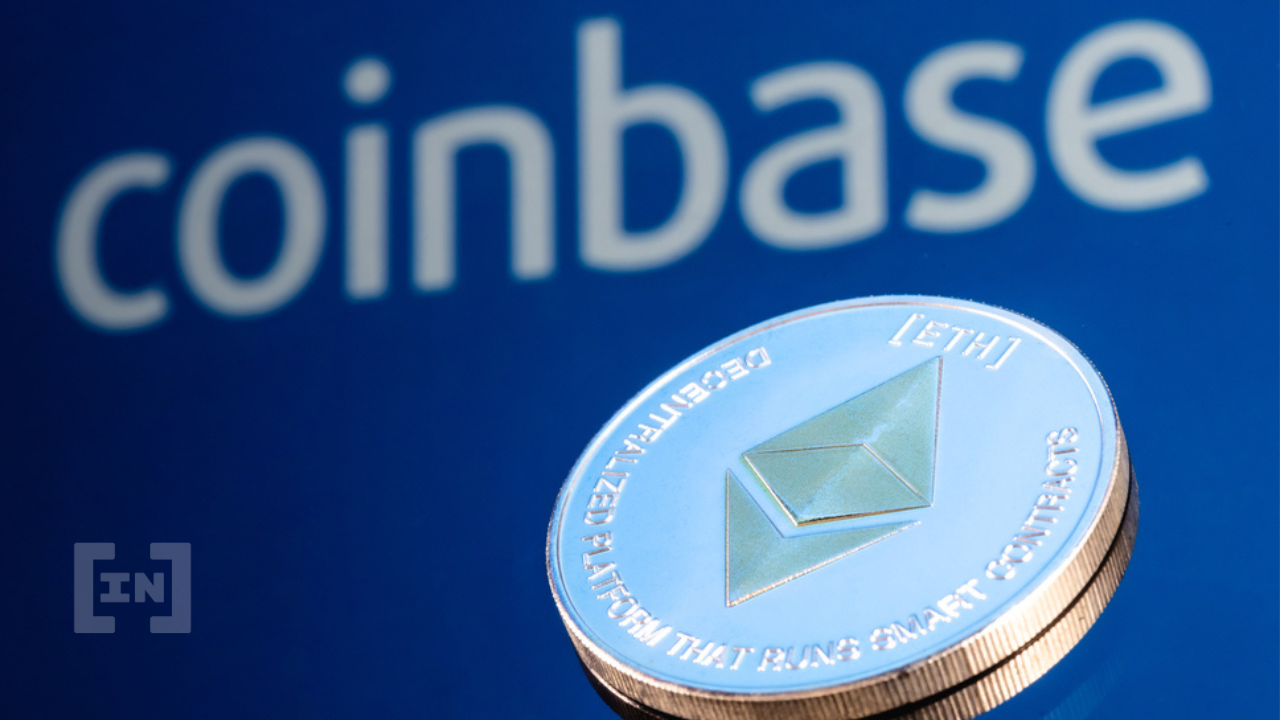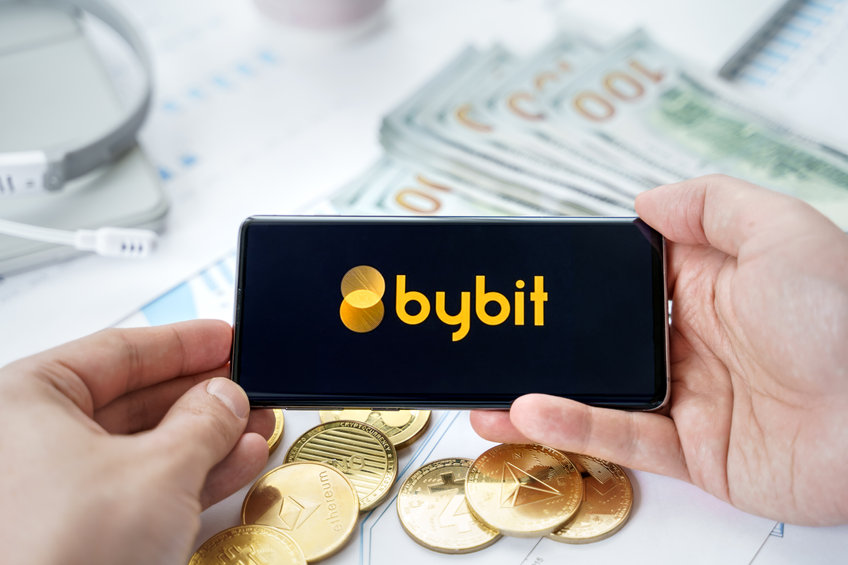
The past six odd months saw an unparalleled amount of financial volatility in the cryptocurrency market, so much so that the total capitalization of this rapidly maturing space fell from $3 trillion to nearly $1 trillion. This comes after the industry hit an all-time high in November last year, with Bitcoin (BTC) reaching a price point of $69,000.
Despite the volatility previously reported, a recent report shows that small to medium-sized enterprises (SMEs) in nine different countries, Brazil, Canada, Germany, Hong Kong, Ireland, Russia, Singapore, the United Arab Emirates and the United States (US). SMEs) are extremely important. Open to the idea of accepting cryptocurrency payments – bitcoin in particular.
Within the study – which surveyed a total of 2,250 market entities – 24% of respondents said they plan to accept bitcoin alongside other digital assets in the short term, while 59% of participants disclosed that they specifically planning to transition. Access to digital payments by early 2025.
Seen from the outside, crypto payments offer a variety of benefits. For example, the problem of compliance with chargebacks or payment card industry standards is completely reduced when it comes to digital assets. Not only that, acceptance of bitcoin and other digital currencies can help attract additional business from crypto enthusiasts as well as potentially increase one’s profits (as many of these currencies become more valuable over time). Huh).
Does Accepting Crypto Really Matter for SMEs?
According to Igneous Terrenas, policy advocate for cryptocurrency exchange Bybit, bitcoin makes complete sense as a medium of exchange for SMEs on a day-to-day basis. He told Cointelegraph that as a payment network, bitcoin (when used in conjunction with the Lightning Network) is clearly superior to the seven-plus-decade-old system that combined credit cards:
“Bitcoin on Lightning is seamless, built to last, faster, more secure and is several magnitudes cheaper in transaction costs than the ~3% fee of credit cards. Payments do not need to be settled in BTC because The bitcoin network can take dollars, convert them to BTC and transfer it across the network and convert it back to dollars upon arrival.
When asked about the volatility side of things, Terence explained that BTC is undoubtedly a risk-averse volatile asset if viewed over a shorter time frame. However, if viewed with a more panoramic view or denominated in relation to inflationary currencies such as the Turkish lira and the Argentine peso – which displayed respective increases of 73.5% and 58% in their May Consumer Price Index levels – it is still Might very well be better able to preserve purchasing power than most legal tender in times of intense volatility/bear markets.
Ben Caslin, head of research and strategy at cryptocurrency trading platform AAX, agrees with this assessment, telling Cointelegraph that accepting bitcoin, as well as other more established cryptocurrencies, is still the right course of action for most SMEs as there is no longer a need for it. The system is stacked. To tap into larger liquidity pools and new demographics without being overburdened by market volatility, adding:
“Current market conditions may be bearish, but the adoption of bitcoin and the major crypto infrastructure, as well as the development of the metaverse, as well as integration with traditional financial markets continues to advance. Plugged into the crypto ecosystem and economy For any business seeking to do so, this is a good time to pursue such efforts in anticipation of the next phase of the adoption phase.
the answer can be quite simple
Lior Yaffe, co-founder and director of blockchain software firm Gelurida, said that business owners who want to accept bitcoin but fear a serious price drop should simply “convert to fiat as soon as they receive their BTC.” ” In Yaffe’s view, a business decision to accept bitcoin should not be based on short-term price fluctuations, adding:
“Even with all the volatility, there are compelling reasons for SMEs to accept bitcoin, such as the ability to control funds directly without relying on the good will of a third party. Stuff on the Internet and Businesses that sell services and have problems using existing credit card systems, businesses located in countries where the local currency is at a peak, businesses that cannot work with their local banking system can all benefit from using BTC can pick up.”
RECENT: How Blockchain Could Open Up the Energy Market: EU DLT Expert Explains
That said, he acknowledged that there is no shortage of problems for entities that accept crypto payments these days as tax payments and business expenses are required to be paid in local fiat currencies. As a result, accounting becomes more difficult and costly while higher cyber security risks also enter the fray.
Kene Ezeji-Okoye, co-founder and president of Millicent, made the exact same point, saying that most crypto payment gateways automatically convert crypto to fiat before entering into settlements with merchants, thus greatly reducing the current market conditions. or no result. He told Cointelegraph:
“Goods and services are typically priced in fiat currency, and when accepting crypto, merchants end up with the fiat value of crypto at the exact time of purchase, minus the gateway fees. This can be done through the card network or PayPal. The fees charged may lead to a better deal, so it may make sense for some traders to add this option.
Regarding the problems associated with receiving direct crypto payments, EJG-Okoye believes that the most prominent issue affecting digital asset payments is exchange rate volatility. He highlighted that this is as true for SMEs as it is for nation-states such as El Salvador, a country that has seen the value of its bitcoin holdings drop by half against the United States dollar. “In most cases, traders will have to pay the cost of their goods in fiat currency, so indiscriminate exposure to volatile assets is an extremely risky practice,” he said.
a look at the shortcomings
Vanina Ivanova, chief marketing officer of Ambiar, a non-custodial decentralized financial wallet solution, told Cointelegraph that accepting highly volatile assets like bitcoin as a form of payment can be detrimental to a small or medium business as such establishments typically have small cash buffers. and hence, are vulnerable to market volatility and volatility. Allowing customers to make payments in a volatile currency could further increase this risk and expose the business to a higher risk in what they believe. He said:
“There are a number of issues that must be resolved before crypto is accepted as a mainstream payment option by SMEs – the most important one, in my opinion, is the lack of infrastructure. Integrating a crypto payment gateway is a straightforward process. No, and there are a limited number of vendors that offer it as a service.”
In this regard, she noted that Shopify’s recent coming together of major cryptocurrency exchange Crypto.com was a big step in the right direction, however, due to the fact that most jurisdictions around the world still consider crypto as legal tender, banks account is not recognized. Maintenance can be a real nightmare for SMEs.
Other barriers to adoption include scalability, so even though there may be enough layer-2 solutions that can rapidly accept crypto payments, the problem at large remains fairly clear. Ivanova highlights:
“Unexpected transaction cost is also a factor that needs to be considered. While traditional systems charge SMEs significant fees for payment processing, these fees do not vary and can be factored into pricing. Given that gas charges are absorbed by the customer in the case of crypto, this could result in lower sales for businesses.”
Ezeji-Okoye believes that if a business owner is only accepting BTC to “buy a dip”, they would rather be accepting risk by buying random amounts at random price levels with money on an exchange. Better to set up calculated trades. Need to buy supplies.
Additionally, setting up a new payment gateway is also not a viable option for merchants, as given the current macro environment, it will be difficult for many SMEs to justify their initial investment. He added:
RECENT: Crisis in crypto lending highlights industry vulnerabilities
“It is possible to accept crypto payments directly without using an intermediary such as a gateway, but there is a risk of falling for regulators even in countries where crypto payments are not banned. One reason payment providers charge so much is because That they know-your-customer and take care of anti-money laundering investigations.”
Can a middle ground be found?
While bitcoin is certainly a great option for SMEs, an interim solution for businesses – until all the creases are fixed – would be to accept stablecoins. This type of asset allows business owners to reap all the benefits offered by blockchain technology, while not offering any risk of day-to-day volatility.
In fact, people like Ivanova believe that stablecoins can help accelerate cryptocurrency adoption, which in turn can reduce various technical and legal barriers to crypto. At this point, it is worth noting that the government of the United Kingdom recently announced that it plans to introduce stablecoins into its regulated payment system, which is good news for SMEs as it gives them a new Offers low-fee, regulatory compliance and a stable method of accepting crypto payments.
So, with the global economy moving towards the use of digital currencies for daily transactions, it will be interesting to see how the future of this space plays out, especially as more and more businesses become more proficient in handling cryptocurrencies. .

















